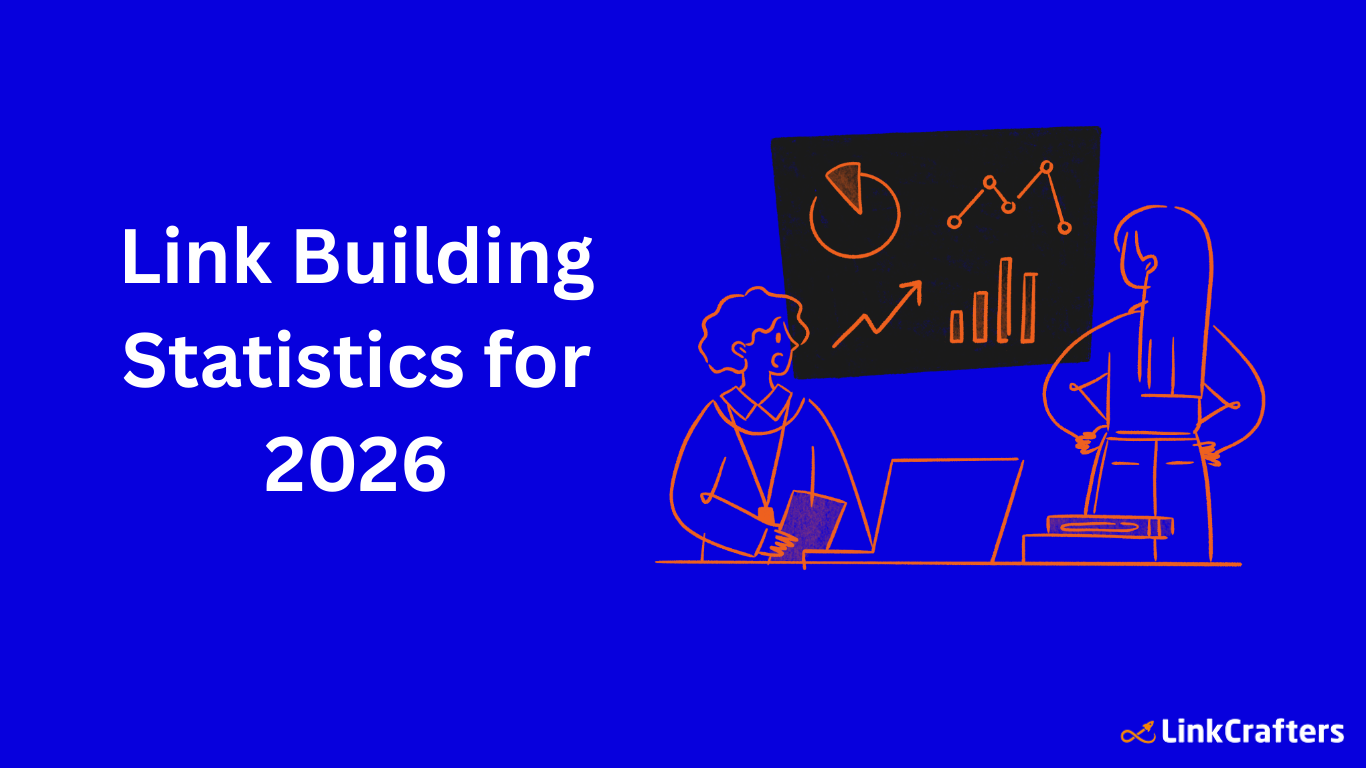Directory link building might feel like a relic from the early 2000s SEO playbook, but it’s making a strategic comeback—and not in the way spammers used to exploit it. When approached with care, directory listings build trust, relevance, and local SEO performance.
In today’s SEO landscape, where Google’s algorithms are smarter, spam filters are tighter, and AI tools are more prevalent, directory link building is all about quality, not quantity.
What Is Directory Link Building
Directory link building involves submitting your website to online directories that organize and categorize sites by topic, industry, or location. These directories then link back to your site, ideally with a dofollow backlink.
But the purpose today goes beyond just the backlink:
- Establish trust (especially for new domains)
- Boost visibility in niche/local search
- Create referral traffic from real users
- Strengthen E-E-A-T (Experience, Expertise, Authoritativeness, Trustworthiness)
How Google Views Directory Links in 2026
Google is very clear: not all backlinks are created equal.
“Any link intended to manipulate rankings may be considered a violation of our spam policies.” — Google Search Central
So, if you’re blasting your site across hundreds of low-quality directories, you could trigger red flags. But when you:
- Submit to high-quality, relevant, and human-reviewed directories
- Focus on natural descriptions and branding
- Space out submissions to mimic organic growth
TL;DR: Quality directory links still work. Spammy ones will hurt you.
Directory Types: Which Ones Matter?
Directories are websites that list and categorize other websites, typically grouped by topics, industries, or locations. Think of them as digital catalogs or online “yellow pages.” Each listing usually includes a business name, website link, short description, and contact details.
There are different types:
| Type of Directory | Value in 2025 | Use Case |
| General Directories | Low to moderate (depends on domain quality) | Use sparingly and only if reputable |
| Niche Directories | High SEO value due to topical relevance | Ideal for tech, finance, legal, etc. |
| Local/Geo Directories | High for local SEO & map pack rankings | Great for SMBs, agencies, services |
| Business Directories | High trust; often human-moderated | BBB, Clutch, GoodFirms, etc. |
| Paid Directories | Can be effective if authoritative | Ensure editorial oversight & traffic |
What is the Modern Process for Directory Link Building?
Step 1: Research Before You Submit
- Check domain authority (Moz, Ahrefs)
- Is the directory indexed in Google?
- Does it moderate listings manually?
- Avoid anything on a public SEO blacklist
Step 2: Optimize Your Listing
- Use a unique title and description per directory
- Include keywords naturally (especially your primary and location-based ones)
- Add images, videos, and business hours if allowed
- Ensure NAP consistency for local listings
Step 3: Monitor & Maintain
- Track traffic from each directory (UTM codes help!)
- Update listings yearly or after major business changes
- Use tools like BrightLocal or Whitespark to manage listings at scale
The Impact of AI on Directory Link Building
AI is reshaping how we approach and manage directory link building:
1. AI Tools for Discovery
Tools like ChatGPT, Jasper, and SurferSEO can now help identify high-quality niche directories based on your business model and keywords.
2. Automated Description Generation
AI content tools can draft SEO-optimized descriptions for each directory. However, be cautious—Google penalizes duplicate content, so always tweak AI-generated content.
3. AI Detection by Google
Google is using AI to detect automated, manipulative link patterns. If your submissions look overly templated or spammy, you’re risking penalties. Quality > quantity.
4. Intelligent Link Evaluation
Google’s algorithms now use AI to assess contextual relevance. A niche directory listing with relevant copy will outperform 100 random backlinks.
How Directory Link Building Fits Into Your 2026 SEO Strategy
Directory links should support, not substitute, your core SEO strategy.
They work best when paired with:
- Content marketing
- Digital PR and editorial backlinks
- On-page SEO and technical optimization
- Brand mentions and local citations
Think of directory link building as foundational SEO hygiene. It’s low effort, moderate reward, and scalable.
Final Thoughts
Directory link building is not dead, it has just evolved. With smarter Google algorithms and the rise of AI tools, the pressure is on to build quality backlinks that add user value. Stay away from spam, stay relevant, and leverage AI responsibly to scale your efforts while maintaining authenticity.



